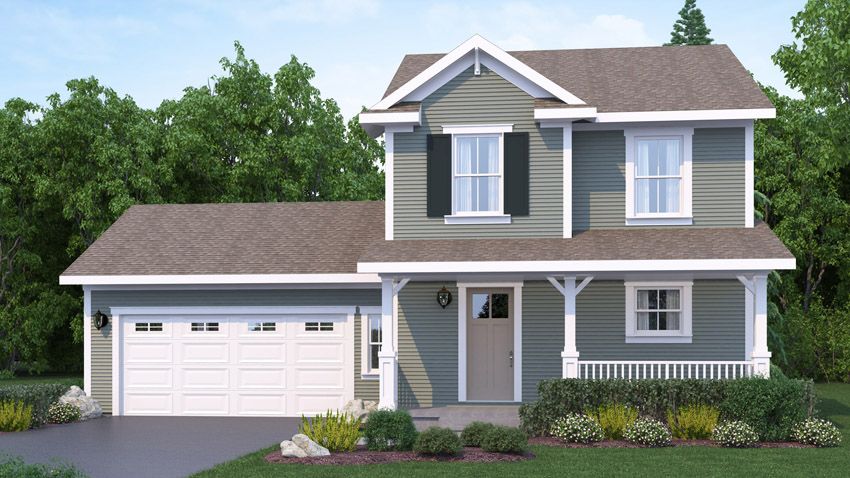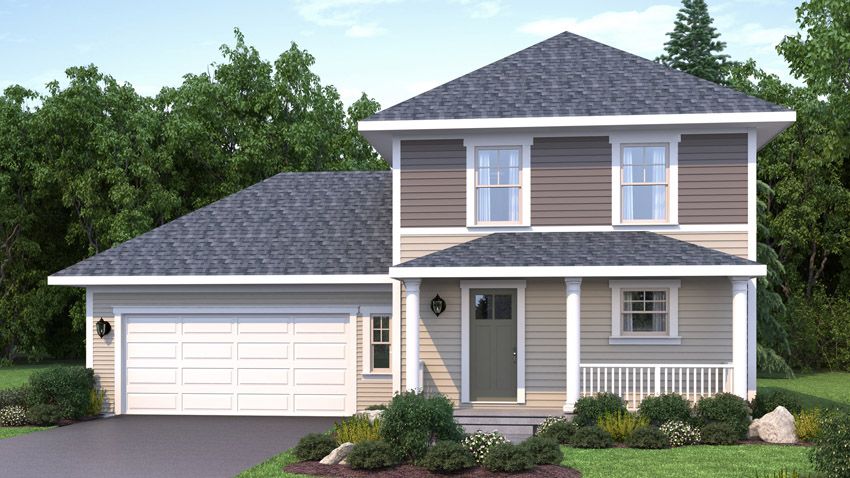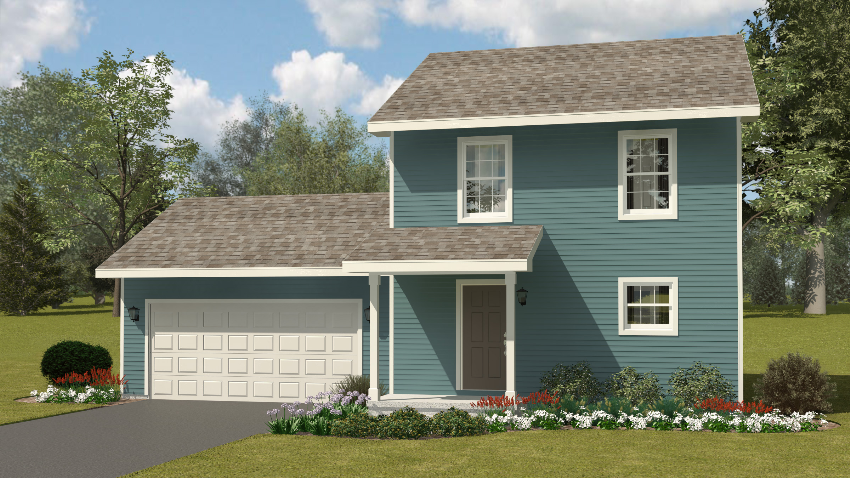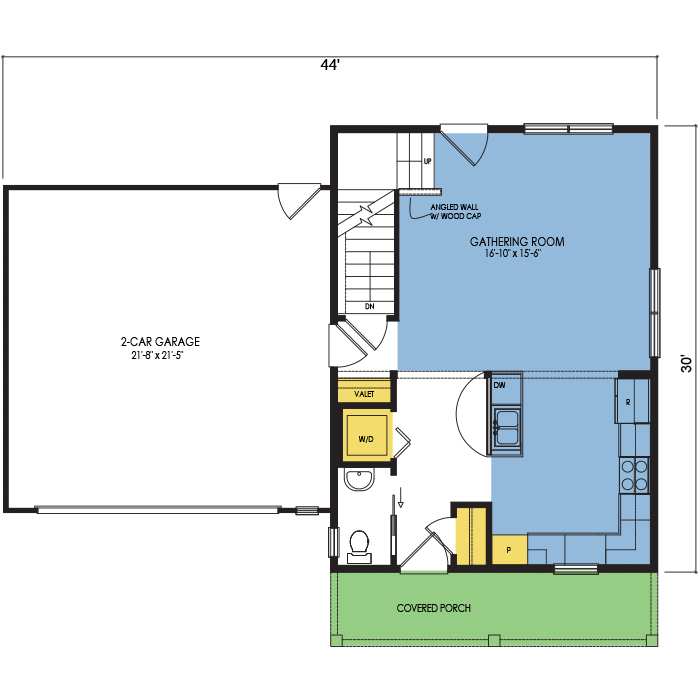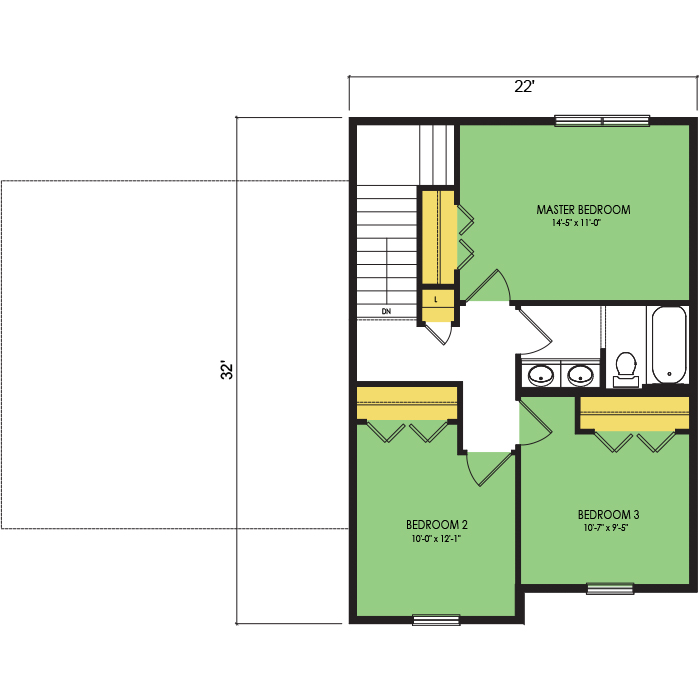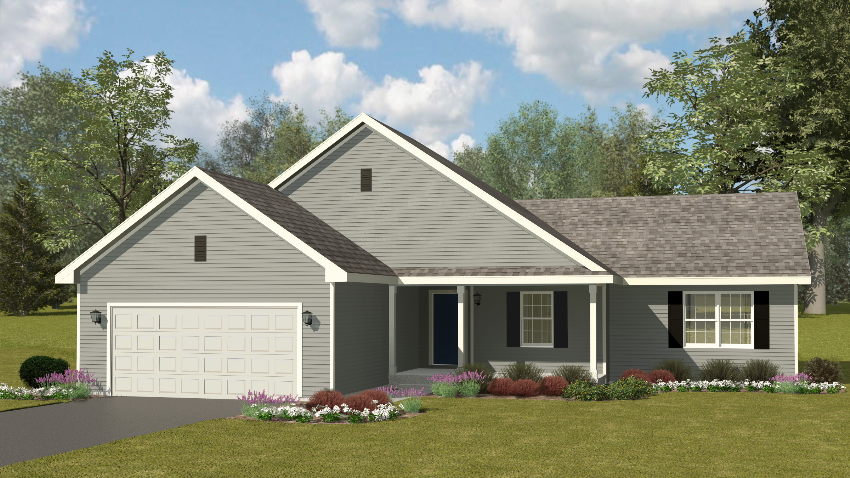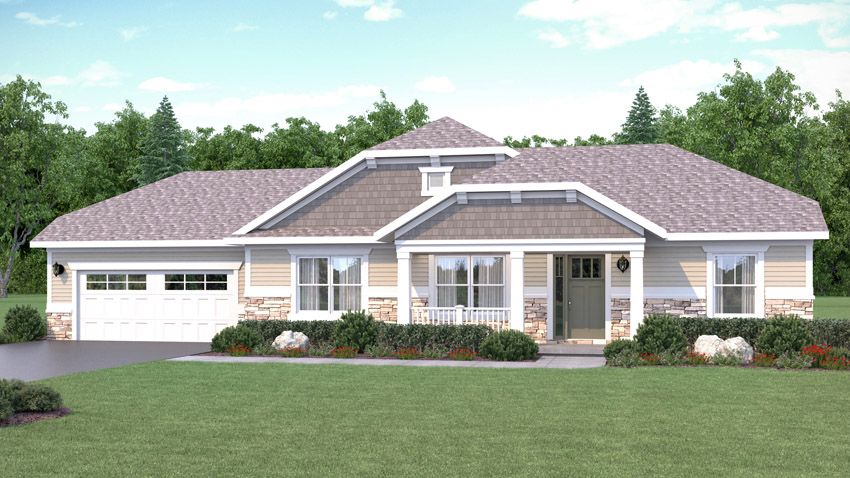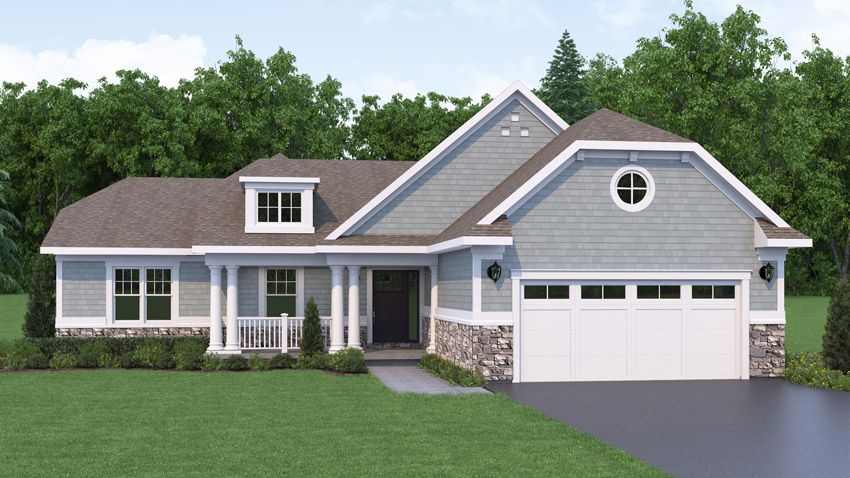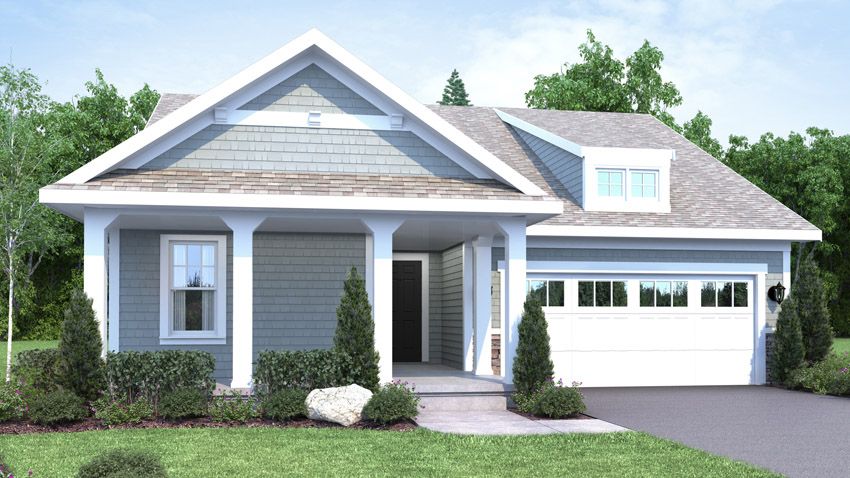How to Secure Financing for Your New Home
Building the home of your dreams is a desired goal in life for many people regardless of their education level, social background or even nationality. The process involved for financing can be exciting or highly frustrating depending on the preparation made before starting your new home project.

One key step to take under consideration while looking to buy or build a new home is securing financing. Today obtaining home financing can be fairly simple when you know your credit score, have enough savings to cover out of pocket expenses, and know how much you can afford to service your monthly mortgage payment. Uncertainty about any of the above may result in an unpleasant experience, or even worst, a very expensive one. Being informed about the different products available to finance a home can have a big financial impact over time.
We’re here to run through the different standard documents that are needed to complete most mortgage loan applications. However, additional documents may be required later in the process. Finally, not every document listed will be requested. We recommend reaching out to Mortgage Loan Officer to discuss your financial needs.
List of mortgage loan application documents you may need
- Asset Documents
- Most recent two months Checking and Savings account statements including all pages even if the page is blank
- Most recent Retirement and/or Investment account statements
- Credit Documents
- Bankruptcy – Copy of complete bankruptcy and discharge documents
- Judgments or Liens – Copy of satisfaction of judgment(s) and/or lien(s)
- Written letter of explanation for late payments, collections, judgments, or other derogatory credit reporting on the credit report
- Employment/Income Documents – Salary or Hourly Employment Income
- Most recent 30 days pay stubs and two years W-2’s
- Employment/Income Documents – Self-Employment Income
- Sole Proprietor – Most recent two years signed Federal Tax Returns, including all schedules and forms and signed year to date profit and loss statement (may also be required for non-self-employment)
- Partnership and S-Corporation – Most recent two years signed personal and business Federal Tax Returns, including all schedules, forms, W-2’s, 1099’s, K-1’s, and signed year to date profit and loss statement
- Corporation – Most recent two years signed personal and business Federal Tax Returns, including all schedules, forms, W-2’s, 1099’s, and signed year to date profit and loss statement
- Employment/Income Documents – Non-Employment Related Income
- Social Security, Pension and/or Retirement Income – Social Security/Pension/Retirement award letter, or 1099R/SSA-1099 and most recent two months bank statements showing proof of receipt
- Rental Income – Most recent two years signed Federal Tax Returns, including all schedules and forms (If tax returns have not been filed since rental property was acquired then provide a fully executed lease agreement)
- Court Ordered Income – A court order or court sanctioned agreement, establishing that the income can be expected to continue for the next three years and most recent two months bank statements showing proof of receipt
- Investment Interest or Dividend Income – Most recent two years signed Federal Tax Returns, including all schedules and forms and most recent asset statement from which income is derived
- Written letter of explanation for any gap in employment for the most recent two years
- Personal Documents
- Copy of Divorce Decree
- Copy of Child Support obligation
- A certified copy of the Power of Attorney from the County Records Office
- Property Documents
- Homeowner’s insurance information including agent’s name and phone number
- Homeowner’s association information including phone number
- Fully executed purchase contract signed by all parties
- Real Estate Owned (REO) Documents
- If taxes and insurance are not included in mortgage payment; provide HOA, insurance, and tax information
- If property is owned free and clear:
▪ Provide evidence property is owned free and clear
▪ Provide evidence of HOA, taxes, and insurance
Speak with one of our experts to learn about financing your new home. Contact Wausau Homes, today!

